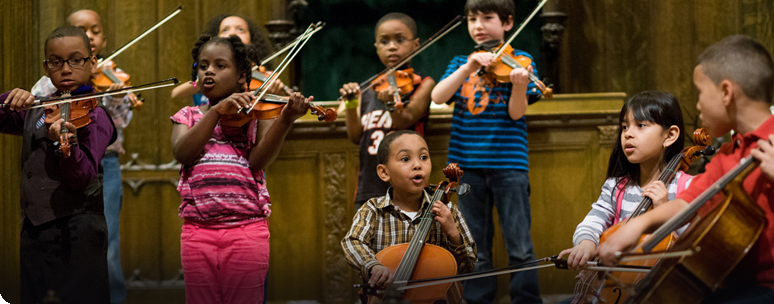Different Trains program notesOn Sunday, February 13, The RISD Museum and CMW will co-present a performance by the Providence String Quartet featuring Different Trains, a landmark and Grammy Award winning piece by American composer Steve Reich. Find all the event details here, and for tickets, call the Museum at (401) 709-8402. Steve Reich: Different Trains Another path for 20th century composers was developed in the artsy undergrounds of San Francisco and New York in the 1960s before being accepted, albeit with mixed reactions, into the world‟s concert halls. With its short kernels of music, repeated over and over with gradual transformation and development, the genre of Minimalism became popular with the public because of its immediacy of expression and Zen like clarity. One can just chill out, listen, and be drawn in by the trance-like repetition. One of the pioneers of the movement is Steve Reich, whose powerful Different Trains for string quartet and tape instantly became a modern masterpiece after its premiere by the Kronos Quartet in 1988. Born in New York City in 1936, Steve Reich spent his childhood split between Los Angeles and New York as his parents divorced when he was one. He would travel back and forth by train accompanied by a governess. Years later, Reich had the realization that had he been born in Europe, as a Jew he would have been forced to ride on very different kinds of trains. This was the catalyst for Different Trains, and for source material Reich used interviews with his childhood governess, a train porter that worked the trans-American routes at the time of the War, and three Holocaust survivors. The survivors' reminiscences about the War also included recollections about their own journeys on trains to concentration camps. Like the Bohemian composer Leoš Janáček had done almost a hundred years earlier in his works, Reich used the melodic inflection of his subject's voices as the principle themes of Different Trains. Throughout the work, men's voices are represented by themes in the cello, and women's voices by themes in the viola. The sounds of trains features prominently as well; not only in the pre-recorded tape with the click-clack of the locomotive, the piercing whistle and the clang of the bell, but in the string quartet itself, with repetitive sixteenth note motives that recreate the forward propulsion of the train. The first movement of the historically programmatic quartet takes place before the War and Reich uses the recollections of the governess and train porter as the narrative. The music drives forward at a busy clip, recreating Reich's cross-country journeys. There is a palpable shift in emotion at the transition to the second movement. The somberly paced Holocaust train replaces the bustle and optimism of the American train, and the strident American train whistles are taken over by the sound of air-raid sirens. The source material for the second movement is the chilling recollections of the Holocaust survivors. There is another startling shift from the second to the third movement as the noise of the trains, whistles and air-raid sirens finally stop, and there is a brief but incredibly loud silence. Out of this silence comes a concentrated sixteenth note cell that is developed fugally before we hear the derivation of the melodic kernel: the reminiscence of a Hungarian named Paul saying, “And the war was over.” In the work's final movement, we hear the governess and the porter, as well as the survivors trying to move on with their lives and make sense of the horrors that had transpired. Download Jesse's complete program notes for the season-long series here. |
